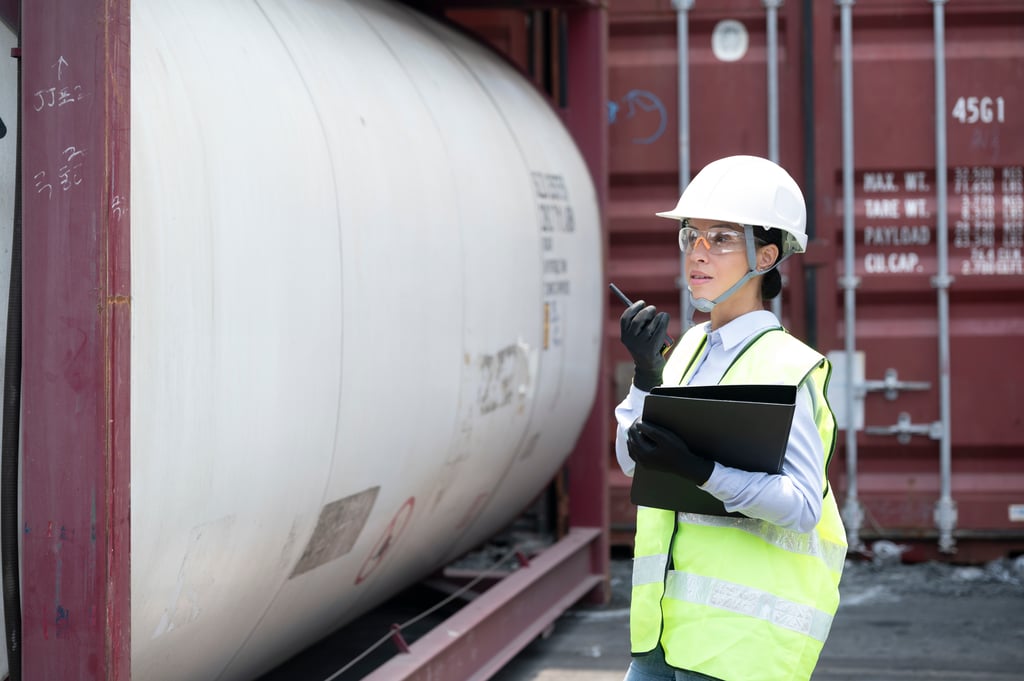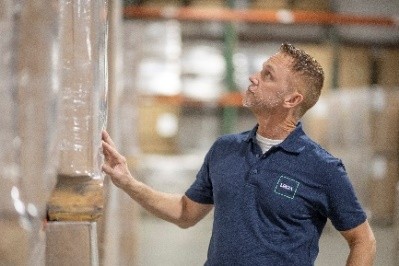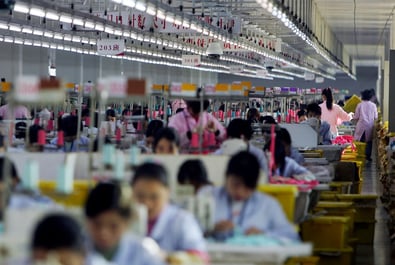
EU Emissions Trading System 2 (EU ETS 2)
Managing carbon compliance for fuel and transport industries
Preparing businesses for evolving carbon markets
The EU Emissions Trading System2 (EU ETS2) is a major regulatory expansion introduced by the European Union to tackle carbon emissions across additional sectors, primarily fuel combustion in buildings, road transport and small industries not covered under the original EU ETS. This revision aims to accelerate decarbonisation efforts by bringing more businesses into the EU’s emissions trading framework.
For affected organisations, compliance requires accurate emissions reporting, verified data and the purchase of carbon allowances. At LRQA, we provide expert support to help businesses meet these new requirements effectively.
What is EU ETS 2?
EU ETS2 is a separate emissions trading system established under the 2023 revision of the EU ETS Directive. While the original EU ETS applies to power generation and heavy industry, EU ETS2 regulates emissions from fuel combustion in road transport, buildings, and smaller industrial sectors. The system aims to drive decarbonisation in these sectors by placing a carbon price on fuels, encouraging a transition to cleaner alternatives.
Who is impacted and when?
EU ETS2 applies to fuel suppliers—companies that sell or distribute fuels for road transport, buildings, and small industries. These businesses are required to monitor and report their emissions from 2024, with the first reports due by 30 April 2025. Unlike the original EU ETS, end consumers (e.g., transport companies and building operators) are not directly regulated but may experience higher fuel costs as suppliers pass on carbon pricing.
Timeline for Implementation:
2024
Affected organisations must begin tracking and reporting their carbon emissions
April 2025
The first reported data should be submitted, which can be unverified
April 2026
The first report should be submitted, requiring businesses to have their emissions data validated by accredited verifiers
How we can help
We provide a full suite of solutions to support you throughout your EU ETS 2 journey.
Check you are ready for EU ETS2 with LRQA Pre-Verification
LRQA’s Pre-verification Services help you assess readiness, identify gaps and build robust reporting processes to ensure compliance. This can help your organisation avoid penalties and ensure compliance with EU ETS2 requirements.
Contact us today
FAQs
What is the difference between EU ETS and EU ETS 2?
EU ETS applies to large industrial facilities and power generation, while EU ETS 2 focuses on emissions from fuel suppliers for buildings and road transport. The goal is to expand carbon pricing to additional sectors, ensuring a more comprehensive approach to emissions reduction.
Who is required to comply with EU ETS 2?
EU ETS2 applies to fuel suppliers—specifically, organisations that sell or distribute fuels for road transport, buildings, and small industries. These entities are responsible for reporting emissions from 2024, with the first reports due by 30 April 2025. Unlike the original EU ETS, which regulates direct emitters, EU ETS2 places the compliance burden on fuel suppliers rather than end consumers.
When does verification take place?
For EU ETS2, the first verification cycle will take place in early 2026, covering 2025 emissions data, with verified reports due by 30 April 2026. The first reporting deadline is 30 April 2025 for 2024 emissions, but verification is not required for this initial submission.
What happens if a company does not comply with EU ETS 2?
Non-compliance could result in fines, legal penalties and operational restrictions. Businesses may also face reputational damage and increased costs if emissions are not properly managed.
How should businesses prepare for EU ETS 2?
Companies should assess their emissions data collection, implement robust reporting processes and engage in pre-verification to ensure compliance.
Contact LRQA today.
Why work with us?
Global Capability
Our solutions are delivered by a global team of specialists in ESG, carbon management, verification and compliance. With experience across industries and regions, we are well-placed to support your business in navigating EU ETS 2 requirements, no matter where you operate.

We Partner with you
We work closely with our clients to understand the specific challenges of EU ETS 2, from emissions tracking to verification and trading obligations. By forming deep partnerships, we provide tailored solutions that address risks, improve data accuracy and support long-term regulatory compliance.

A history of firsts
As pioneers in delivering certification services for quality, environmental and carbon management standards, we have a long track record of helping businesses adapt to evolving regulations. Our experience in verification makes us a trusted partner in meeting the demands of EU ETS 2.

Data-driven insights
Our investment in digital platforms and analytics enables us to provide actionable insights into your operations. These capabilities, combined with human expertise, allow us to identify and mitigate risks within your supply chain and reporting processes.



